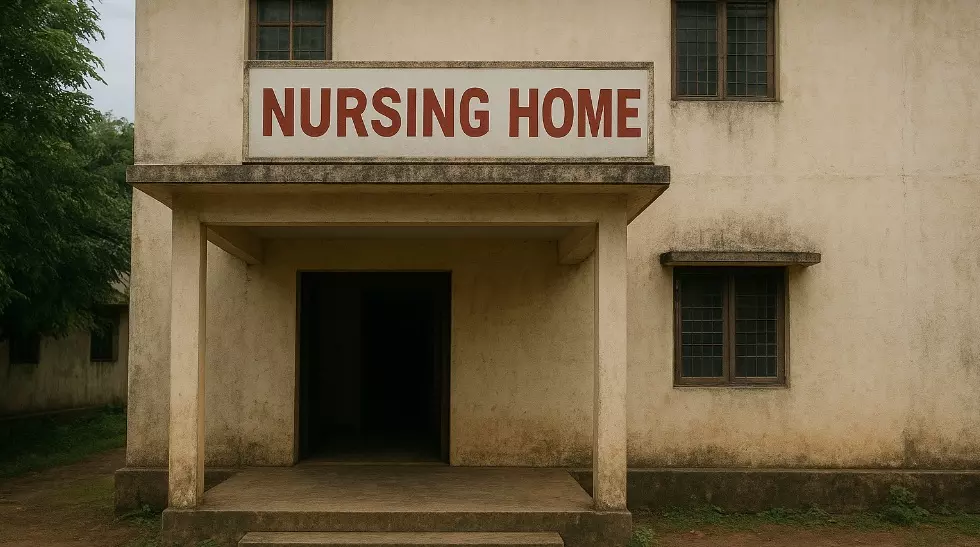Hyderabad: The Centre has fulfilled a decade-long promise by officially notifying the National Turmeric Board. While the BJP is likely to gain some political advantage, particularly in the Nizamabad constituency, analysts argue that the issue’s impact on the local body elections might not be overwhelming.
Both the BRS and Congress are also claiming credit for pursuing the issue and pressuring the Centre to meet this demand over the past six years. Local body elections are generally contested on local issues, and the turmeric issue has been at the forefront for the last one decade.
Political analysts believe that this development is one of the key local issues that has influenced elections since 2014, spanning Lok Sabha, assembly, and local body polls. The turmeric board issue has gained significant political traction, similar to how issues like fluorosis in Nalgonda affected national politics in the 1990s. During the 2019 Lok Sabha elections, BJP MP from Nizamabad, Dharmapuri Arvind, had even promised to bring the turmeric board to Nizamabad “on a stamp paper.”
Turmeric is cultivated across 2.5 lakh acres in Telangana, with 40% of the production concentrated in Nizamabad district alone. Other major turmeric-growing districts include Jagtial, Nirmal, Warangal, Vikarabad, and Mahabubabad.
The demand for a turmeric board dates back to 2006 but became a significant political issue after 2014. In the 2019 Lok Sabha elections, about 170 farmers from Nizamabad filed nominations against BRS ex-MP Kalvakuntla Kavitha, and 50 others contested against Prime Minister Narendra Modi in Varanasi.
Political analyst Professor K Nageshwar said that while the turmeric issue has become a symbolic demand in the region, the BJP’s advantage in the upcoming elections might not be substantial. “Local issues typically dominate in local body elections, so while the BJP may gain some advantage, their opponents can no longer use the turmeric board as a weapon against them,” he said.
Arvind defended the Centre’s announcement, claiming that the turmeric board was created for the benefit of farmers and not for any political gain.
Both the BRS and Congress are also claiming credit for pursuing the issue and pressuring the Centre to meet this demand over the past six years. Local body elections are generally contested on local issues, and the turmeric issue has been at the forefront for the last one decade.
Political analysts believe that this development is one of the key local issues that has influenced elections since 2014, spanning Lok Sabha, assembly, and local body polls. The turmeric board issue has gained significant political traction, similar to how issues like fluorosis in Nalgonda affected national politics in the 1990s. During the 2019 Lok Sabha elections, BJP MP from Nizamabad, Dharmapuri Arvind, had even promised to bring the turmeric board to Nizamabad “on a stamp paper.”
Turmeric is cultivated across 2.5 lakh acres in Telangana, with 40% of the production concentrated in Nizamabad district alone. Other major turmeric-growing districts include Jagtial, Nirmal, Warangal, Vikarabad, and Mahabubabad.
The demand for a turmeric board dates back to 2006 but became a significant political issue after 2014. In the 2019 Lok Sabha elections, about 170 farmers from Nizamabad filed nominations against BRS ex-MP Kalvakuntla Kavitha, and 50 others contested against Prime Minister Narendra Modi in Varanasi.
Political analyst Professor K Nageshwar said that while the turmeric issue has become a symbolic demand in the region, the BJP’s advantage in the upcoming elections might not be substantial. “Local issues typically dominate in local body elections, so while the BJP may gain some advantage, their opponents can no longer use the turmeric board as a weapon against them,” he said.
Arvind defended the Centre’s announcement, claiming that the turmeric board was created for the benefit of farmers and not for any political gain.







